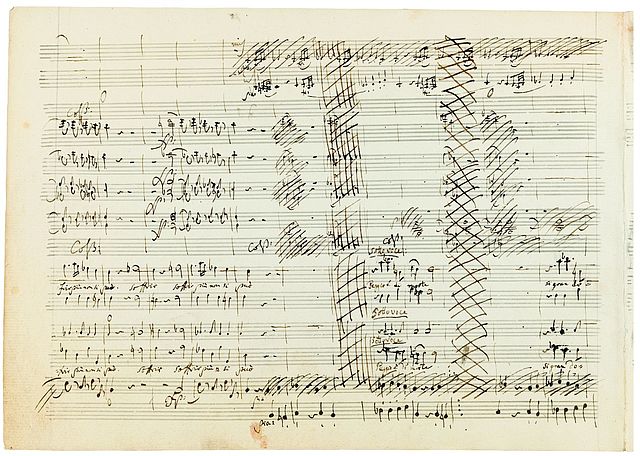Die Forschungsaktivitäten am Institut für Musik und Musikwissenschaft der TU Dortmund zeichnen sich durch eine große disziplinäre Breite aus. Insbesondere in den Bereichen der historischen Musikwissenschaft, der Musikpädagogik, der Musikpsychologie und der künstlerischen Forschung haben sich eigene Forschungsschwerpunkte herausgebildet:
Die Saint-Saëns-Forschungsstelle (Leitung: Prof. Dr. Michael Stegemann).
Historisch-kritische Ausgabe sämtlicher Instrumentalwerke von Camille Saint-Saëns (1835-1921) in 36 Bänden / Camille Saint-Saëns: Œuvres instrumentales complètes (OIC).
Die Musikpädagogische Forschungsstelle (Leitung: Prof. Dr. Ulrike Kranefeld) widmet sich der Förderung und Entwicklung empirischer Musikpädagogik. Ein besonderer Schwerpunkt liegt in der interpretativen Unterrichtsforschung, also der Erforschung von Musikunterricht unter fachdidaktischer Perspektive und mit Methoden der qualitativen Sozialforschung. Dabei arbeiten wir sowohl mit Befragungen und Interviews als auch mit Unterrichtsvideografie und Audiomitschnitten musikpädagogischer Situationen.
Die Forschung im Bereich Musik und Medien/Musikjournalismus (Leitung: Prof. Dr. Holger Noltze)
Die Studiengänge „Musikjournalismus“ pflegen eine enge Verzahnung von Theorie und Anwendungsorientierung, bezogen auf das weite Berufsfeld medialer Kommunikation über Musik und außerschulischer Musikvermittlung. Neben der klaren Ausrichtung auf die Praxis gibt es folgende Forschungsschwerpunkte:
- „Klassische Musik“ in Medien zwischen Print und Digitalisierung
- Musikvermittlung
- Die Oper des 19. Jahrhunderts als Gegenstand einer Geschichte der Medien und Mentalitäten
- Rezeptionästhetik der Kunstmusik.
Darüber hinaus finden Sie weitere Forschungsaktivitäten auf den jeweiligen Homepages der Mitarbeiterinnen und Mitarbeiter des Instituts.
